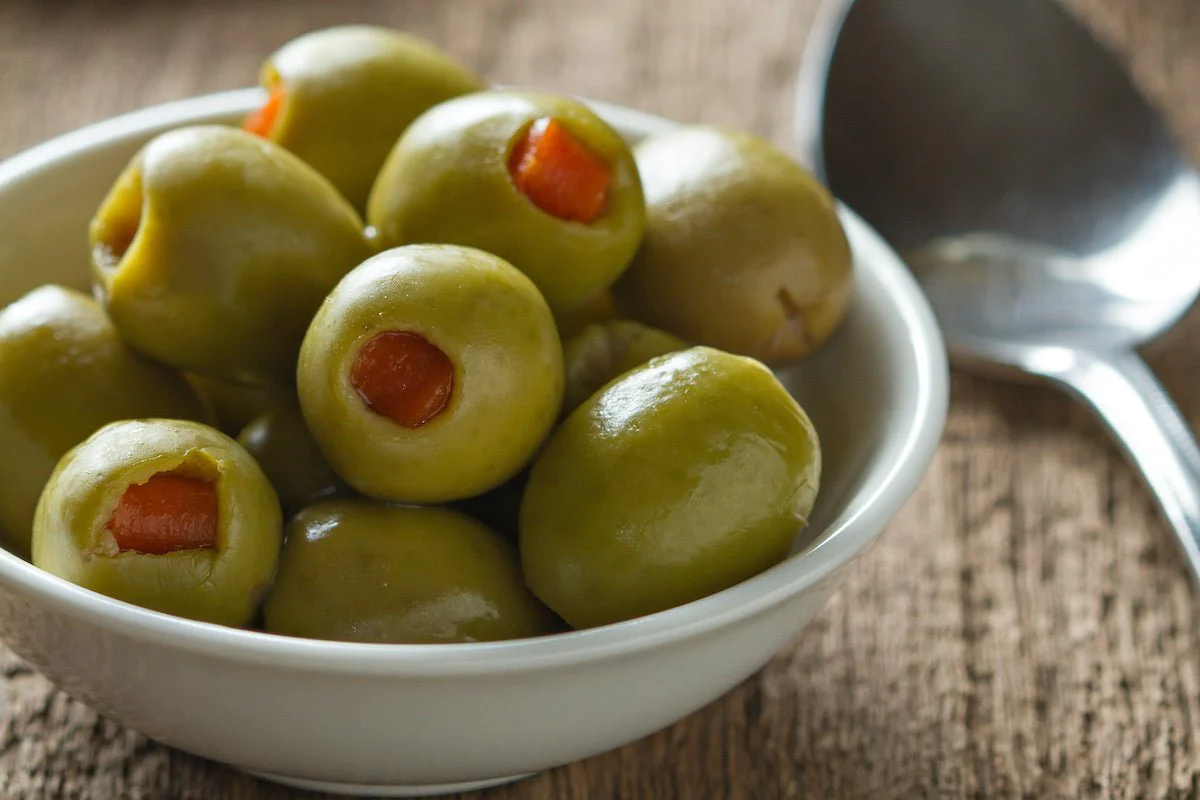Welcome to another detailed discussion from TheKitchenApplianceDad.com, your go-to place for all things kitchen-related. Today, we’re diving into a common query many olive lovers have: Do olives need to be refrigerated? It’s a valid question, especially considering how essential olives are in various cuisines around the world, from Mediterranean dishes to the humble martini.
Understanding Olives and Their Preservation Needs
Olives, those small, flavorful orbs, are not only delicious but also packed with healthy fats, antioxidants, and vitamins. But when it comes to storing them, there are several factors to consider to maintain their quality and safety.

Fresh Olives vs. Processed Olives
Firstly, it’s essential to distinguish between different types of olives. Fresh olives, which are rarely sold in regular stores due to their bitter taste when unprocessed, and processed olives, which include those that are canned, bottled, or found in bulk at deli counters.
Fresh Olives:
Fresh olives are typically harvested and sold in local markets or specialized stores. These require processing to reduce their bitterness, typically through curing or fermenting. If you find yourself with fresh olives, refrigeration is crucial because they haven’t undergone any preservation process.
Processed Olives:
These olives have been treated in various ways (brined, dried, or canned) and are the most common type you’ll find in stores. The preservation method affects how you should store them.
Storage Guidelines for Processed Olives
Processed olives come in several forms, and their storage requirements vary accordingly:
Canned Olives
Canned olives are perhaps the easiest when it comes to storage. They are fully cooked and sealed away from air and bacteria:
- Unopened Cans: Keep them in a cool, dry place. The pantry is perfect for this, and they can last for up to one to two years.
- Opened Cans: Once opened, don’t store the olives in the metal can. Transfer them to a glass or plastic container, cover them with their brine, and refrigerate. Use them within two weeks for best quality.
Jarred Olives in Brine
Olives in jars submerged in brine are already in a suitable container:
- Unopened Jars: Like canned, these do not need refrigeration until opened. Store in a cool, dark place such as a pantry.
- Opened Jars: Once the seal is broken, keep the jar in the refrigerator. Ensure the olives are fully submerged in brine, and they should last several months.
Bulk or Deli Olives
Olives bought from a bulk bin or deli counter are typically stored in brine and should remain so:
- Storage: These olives should be kept in the refrigerator right from the start. Place them in a container covered with their liquid, and they will last for up to two months.
Special Considerations
While the above guidelines should cover most situations, there are a couple of additional points to consider:
- Oil-Packed Olives: Some gourmet olives come packed in oil. For these, refrigeration is necessary after opening, and they generally keep for a month or two.
- Seasoned or Stuffed Olives: These may have different preservatives and might last longer than plain olives. Always check the label for specific storage instructions.
How to Tell if Olives Have Gone Bad
No one wants to bite into a spoiled olive. Here are a few signs that your olives have passed their prime:
- Appearance: Look out for unusual color changes or mold growth.
- Smell: Any sour or off smells are a clear indicator that your olives should be discarded.
- Taste: If you’re unsure based on look and smell, a small taste will tell you all you need to know. Spoiled olives will have an unpleasant taste.
Key Takeaways
- Fresh vs. Processed: Fresh olives need refrigeration immediately, while processed, preserved olives have different requirements based on their packaging and processing.
- Check the Packaging: Always store olives according to the package instructions. Unopened cans and jars can be stored in the pantry, but once opened, they usually need to go in the fridge.
- Refrigeration After Opening: To extend the shelf life of processed olives, refrigerate them in a suitable container and ensure they’re covered in their brine or oil.
- Be Alert to Spoilage: Keep an eye on the appearance, smell, and taste of your olives to avoid consuming spoiled products.
By following these simple storage guidelines, you can enjoy your olives at their best flavor and texture, ensuring they complement your dishes perfectly. Keep these tips from TheKitchenApplianceDad.com in mind next time you shop for or consume olives!


